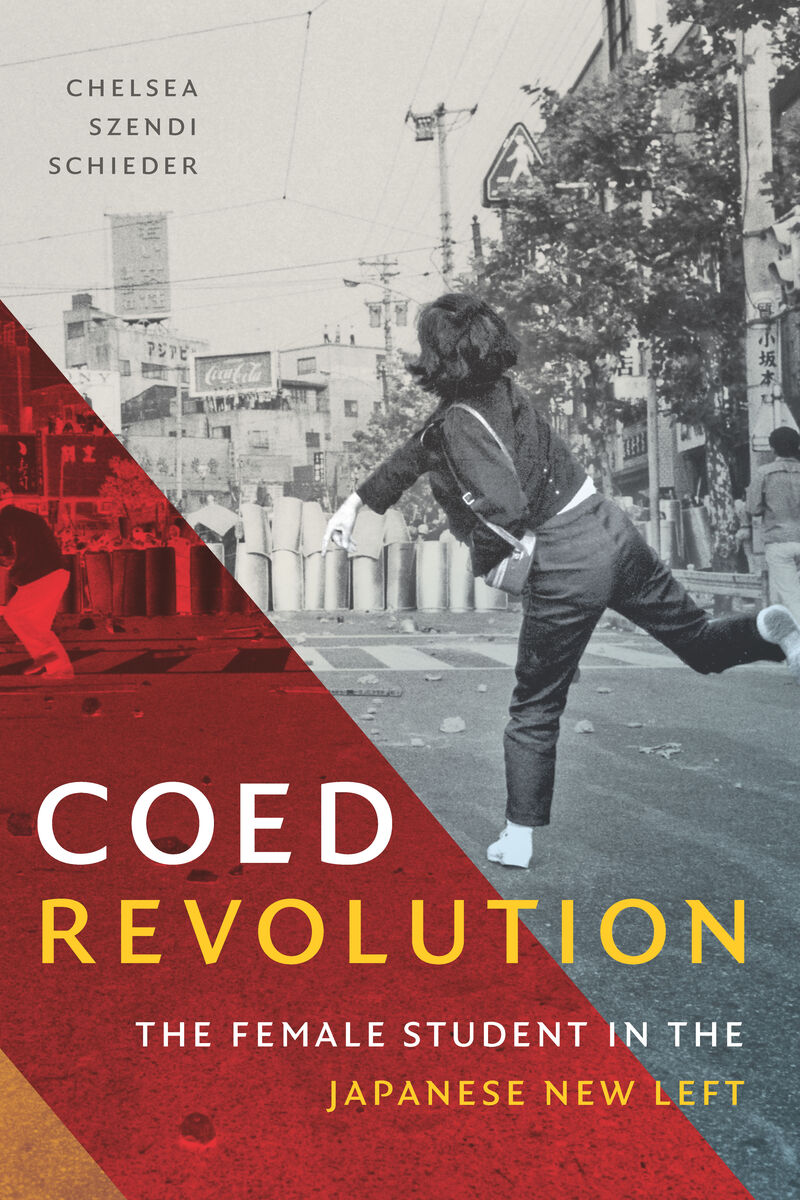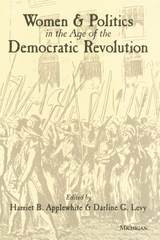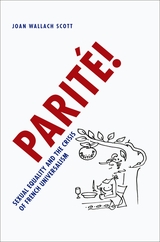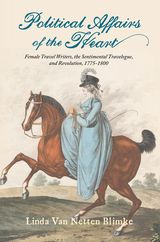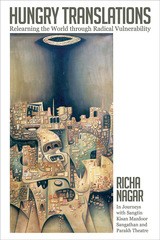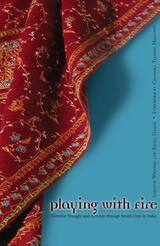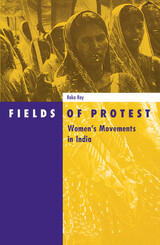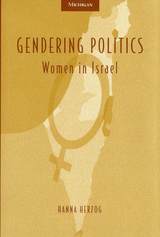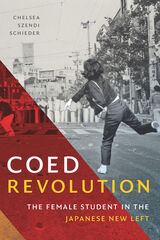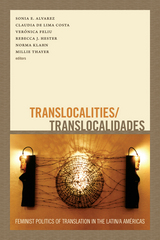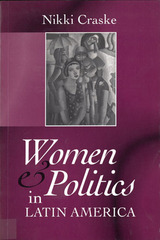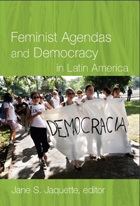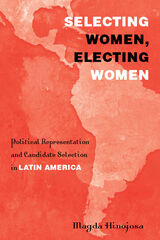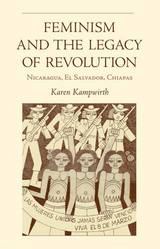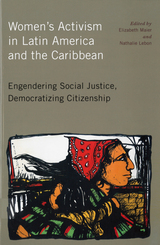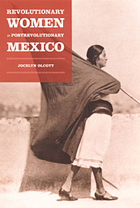Coed Revolution: The Female Student in the Japanese New Left
Duke University Press, 2021
Cloth: 978-1-4780-1042-5 | Paper: 978-1-4780-1145-3 | eISBN: 978-1-4780-1297-9
Library of Congress Classification HQ1236.5.J3S354 2021
See other books on: Civil society | Politics and culture | Social movements | Students | Women's rights
See other titles from Duke University Press
Cloth: 978-1-4780-1042-5 | Paper: 978-1-4780-1145-3 | eISBN: 978-1-4780-1297-9
Library of Congress Classification HQ1236.5.J3S354 2021
ABOUT THIS BOOK | AUTHOR BIOGRAPHY | REVIEWS | TOC | REQUEST ACCESSIBLE FILE
ABOUT THIS BOOK
In the 1960s, a new generation of university-educated youth in Japan challenged forms of capitalism and the state. In Coed Revolution Chelsea Szendi Schieder recounts the crucial stories of Japanese women's participation in these protest movements led by the New Left through the early 1970s. Women were involved in contentious politics to an unprecedented degree, but they and their concerns were frequently marginalized by men in the movement and the mass media, and the movement at large is often memorialized as male and masculine. Drawing on stories of individual women, Schieder outlines how the media and other activists portrayed these women as icons of vulnerability and victims of violence, making women central to discourses about legitimate forms of postwar political expression. Schieder disentangles the gendered patterns that obscured radical women's voices to construct a feminist genealogy of the Japanese New Left, demonstrating that student activism in 1960s Japan cannot be understood without considering the experiences and representations of these women.
See other books on: Civil society | Politics and culture | Social movements | Students | Women's rights
See other titles from Duke University Press
